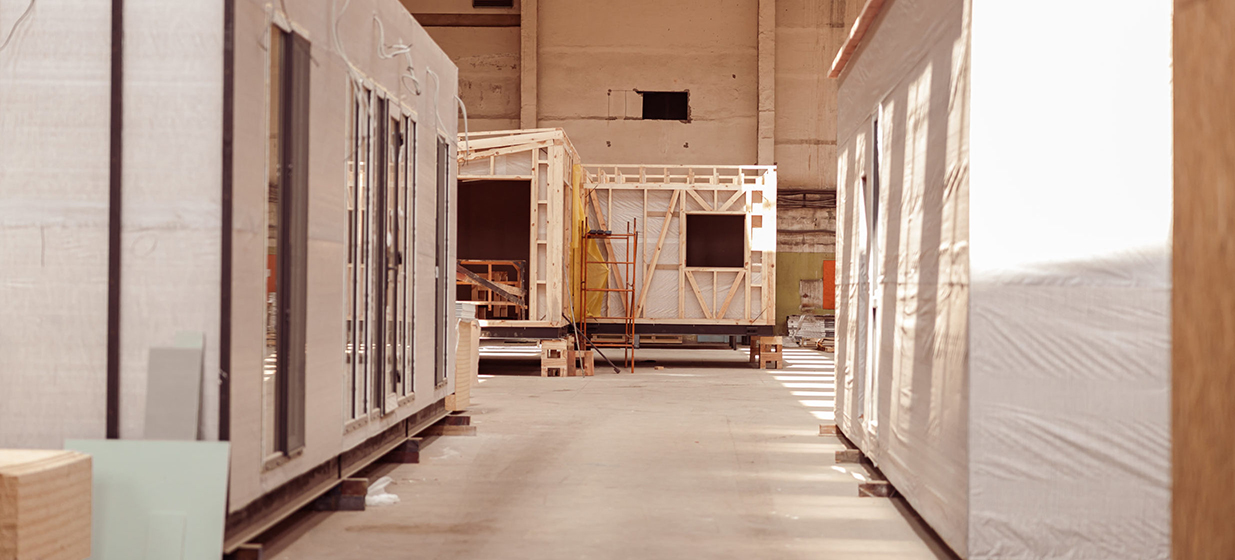Modular Construction: Insurance Implications to Watch Out For
October 31, 2022
Modular construction is transforming the construction world, and an even bigger boom is coming.
Modular construction is transforming the construction world, and an even bigger boom is coming.

Modular construction is transforming the construction world, and an even bigger boom is coming. While it’s been around for years, current industry conditions including supply issues and labor shortages have made prefabrication even more attractive. It also has insurance implications you should be aware of.
While the trend toward modular construction is driven largely by the construction labor shortage, prefabricating structures in a controlled environment has many additional benefits. It is faster and more efficient, gives you more fabrication and architectural options, allows for the use of different materials and saves labor costs.
Thanks to advancements in design and materials, modular structures are stronger, too. They’re ideal for schools, restaurants, retail shops, laboratories and distribution centers.
On the other hand, permits for modular structures are harder to get. The process differs by state. Modular structures make it more difficult to update building designs, and they’re limited in size. They sometimes present resale issues, too. While we know the structures are much better than they have been in the past, they still carry a stigma.
If you’re considering a modular approach, you’ll also need to plan extra time for inspections and prepare for a tougher process to meet local and state building codes.
With lower costs for labor and materials, your workers comp and property and casualty insurance for modular construction can be lower, too. But transportation costs and insurance can be higher for a couple of reasons.
First, you have the extra costs of the transportation itself, including special permits and escorts. And then there’s the cost of insuring the modular structure and the transportation process. The situation is evolving, but some carriers won’t even take on such coverage.
If you’d like to talk more about modular construction and how it impacts your insurance, give us a call. We can walk you through the steps and help you make the right decision.